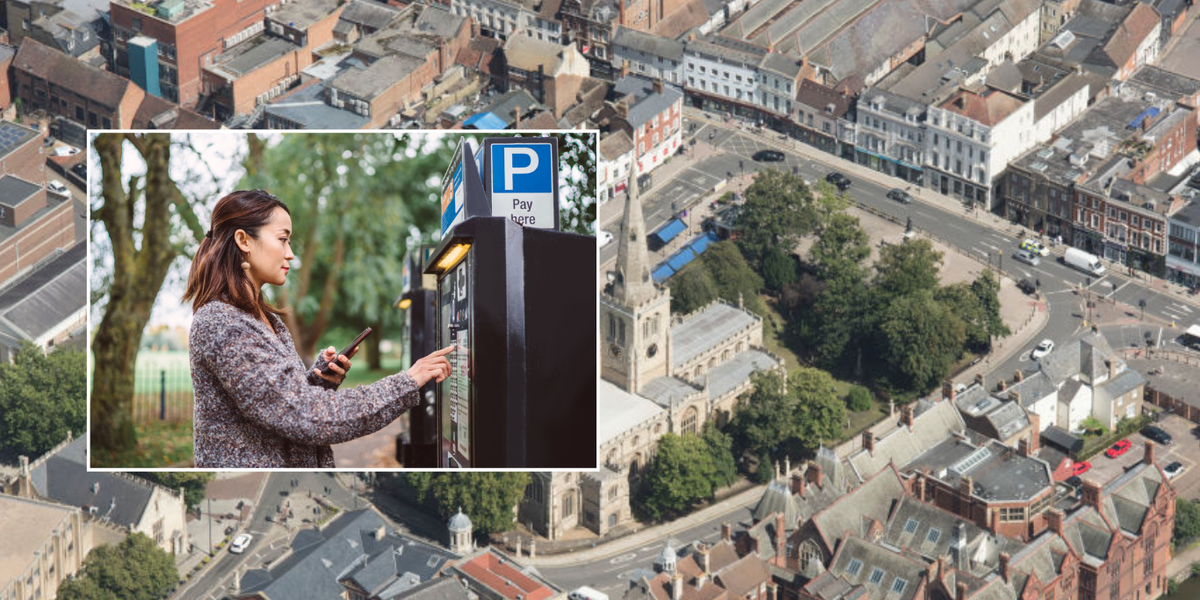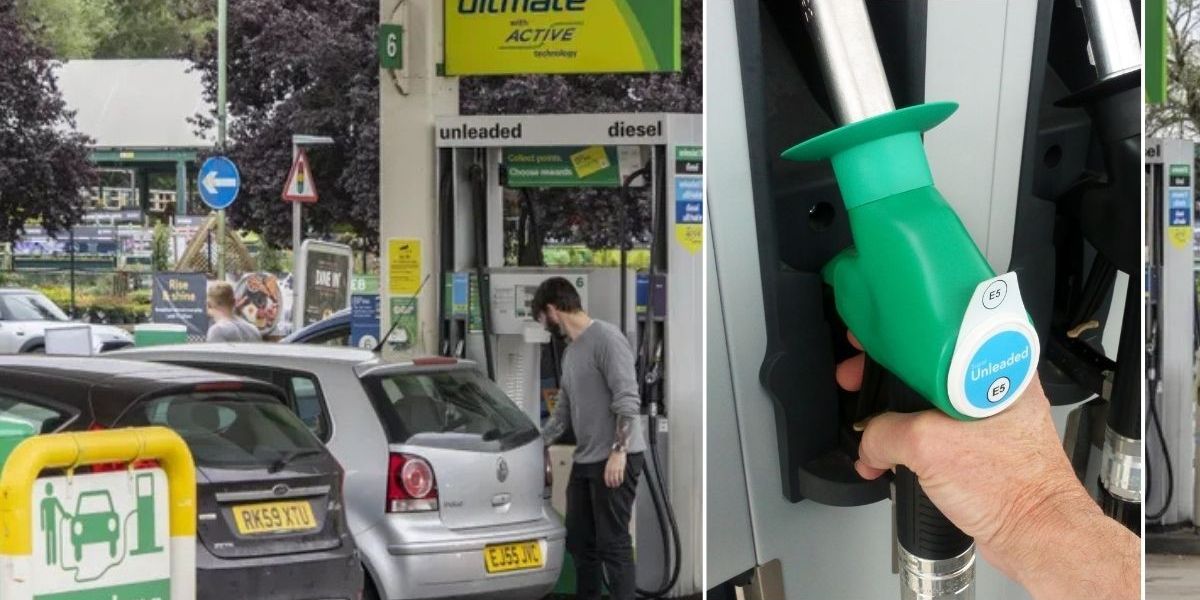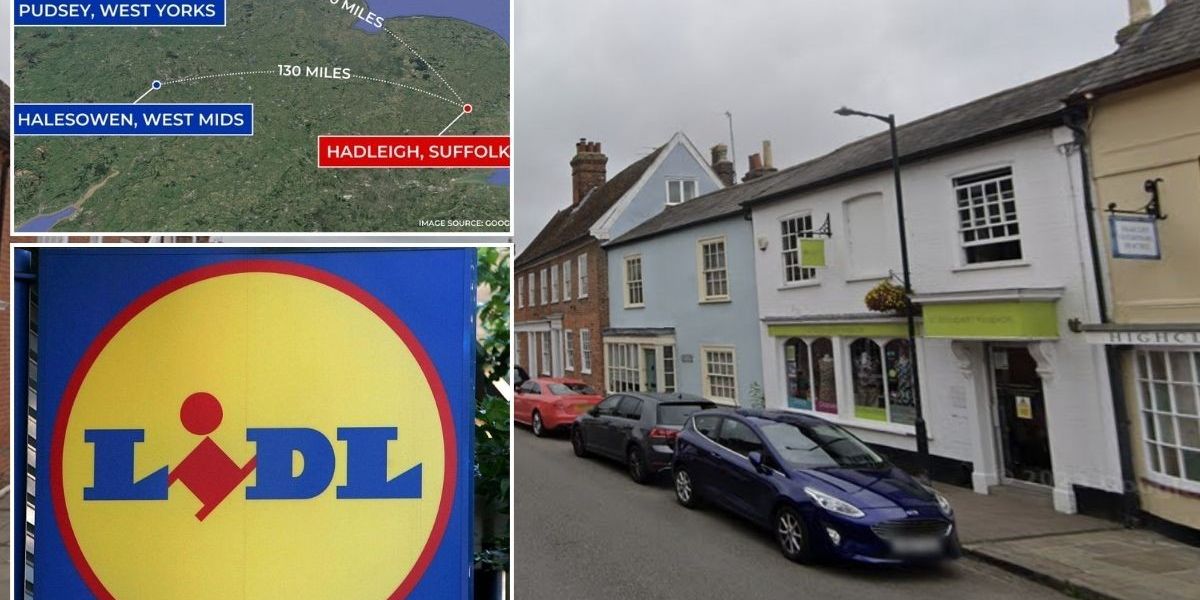Drivers will see major changes being made to a popular petrol station chain with a key fuel being taken off away from pumps.
Motor Fuel Group (MFG) is the UK’s largest independent forecourt operator in the UK with around 900 sites around the UK.
The brand aims to give motorists a “dual-fuel strategy”, allowing them to fill their cars and make use of grocery and shopping options.
MFG announced in 2022 that it would no longer carry Liquefied Petroleum Gas (LPG) because it was no longer profitable.
WATCH NOW: Drivers respond to expensive fuel prices
LPG, which is also known as Autogas, is often used in trucks and vehicles converted from petrol as a cheaper alternative.
Currently, drivers can get LPG for 85.78p, more than 60p cheaper than the cost of a litre of petrol and 70p cheaper than diesel.
In a statement by the Competition and Markets Authority (CMA), it said: “MFG submits that auto-LPG is no longer an important product category for modern petrol station forecourt businesses due to a continued industry-wide decrease in demand.
“This decrease in demand means that revenues are low and will continue to decline, thereby making any continued investments, including periodic testing of the facilities, commercially unviable.
“Accordingly, MFG plans to remove auto-LPG from all of its sites between 2022 and 2024.”
MFG also announced that it had been dramatically increasing the number of electric vehicle charging stations in response to the emerging market.
It stated that it would “effectively replace” its auto-LPG facilities with EV rapid charging hubs and other services including grocery stores and car washes.
Earlier this year, MFG announced it would invest £50million in EV charging hubs to build a further 360 ultra-rapid chargers.
The brand has 108 sites across the UK with more than 550 charging points installed to help electric car owners stay on the road.
It provides ultra-rapid 150kW and 350kW chargers at its hubs, which has the ability to add 100 miles of range in around 10 minutes.
There are believed to be more than 100,000 vehicles in the UK powered by LPG, with motorists being able to get their hands on the fuel from more than 1,000 sites.
Many classic car owners also opt to retrofit their vintage vehicles to run on LPG to ensure the longevity of their cars.
According to PetrolPrices, auto-LPG only makes up around 0.2 per cent of UK road fuel demand.
There are no manufacturers in the UK which sell a purely LPG-powered vehicle, meaning a driver must choose to convert their engine or install and LPG engine.
LATEST DEVELOPMENTS:
MFG will continue the rollout of EV chargers
PA
While estimates range for how much it costs to convert a petrol car to run on LPG, the RAC states a conversion can cost £2,000.












